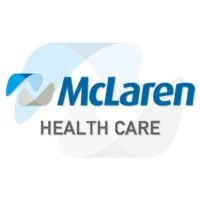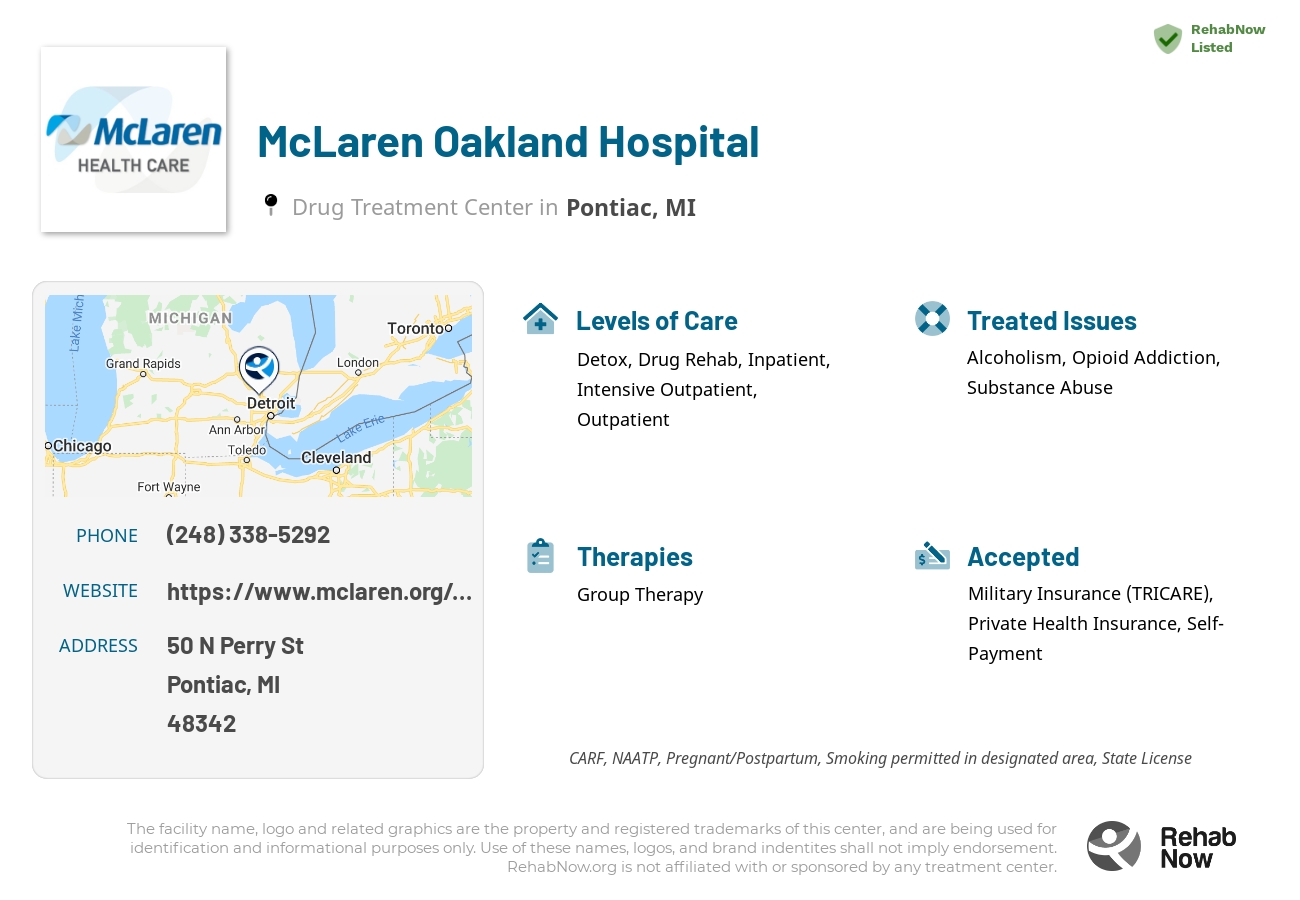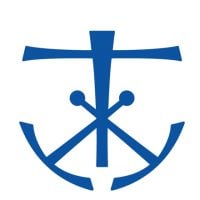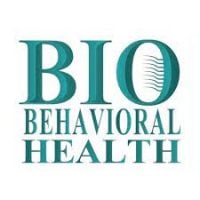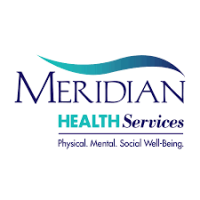McLaren Oakland Hospital
Drug Rehab Center in Pontiac, Michigan
McLaren Oakland Hospital in Pontiac, MI is an addiction treatment facility offering comprehensive drug rehab services for individuals struggling with substance abuse, available in various levels of care with personalized treatment plans and accepted insurance.
About This Michigan Facility
McLaren Oakland Hospital, located in Pontiac, Michigan, is a reputable treatment facility offering a range of services for individuals seeking recovery from addiction and substance abuse. Their facility specializes in treating alcoholism, opioid addiction, substance abuse, drug addiction, dual diagnosis, and mental health conditions. They offer various levels of care, including detoxification, inpatient treatment, intensive outpatient programs, and outpatient services. McLaren Oakland Hospital is affiliated with McLaren Health Care and accepts private health insurance to assist individuals in accessing the necessary treatment they need for their recovery journey.
The treatment options available at McLaren Oakland Hospital are comprehensive and tailored to meet the specific needs of each individual seeking help. Their services include detoxification, providing a safe and supervised environment for individuals to withdraw from substances. For those who require more intensive care, the hospital offers inpatient treatment, where patients can receive round-the-clock medical supervision and support. Additionally, they provide intensive outpatient programs that allow individuals to attend therapy sessions and receive counseling while maintaining their daily responsibilities. The facility also offers outpatient services for those who have completed a higher level of care but still require continued support. McLaren Oakland Hospital utilizes a dual-diagnosis approach, addressing both addiction and any underlying mental health issues. This comprehensive treatment model ensures that individuals receive the necessary support to achieve long-lasting recovery.
Genders
Ages
Modality
Additional
Conditions and Issues Treated
People who abuse drugs are likely to suffer from an addiction, which can cause serious health problems. When it comes to helping drug abusers get sober, there are many options to choose from. It is essential to state that there is no “”correct”” way of doing things. People are different, and they need different types of help to get over their addiction.
Many people who struggle with opioid addiction need to attend specific programs like methadone , Suboxone or Vivitrol clinics.
These types of programs will provide the patient with legal, prescription medications that can help them overcome their cravings for illegal opioids like heroin or fentanyl . If the patient has a chronic condition like Hepatitis C, they must undergo treatment before they can begin taking these medications.
Dual Diagnosis refers to someone who is both dealing with addiction and another mental health issue.
There are different kinds of Dual Diagnosis: A person who simultaneously experiences both a mental illness and an addiction disorder. Or, a person who experiences one or more coexisting (simultaneous) mental health conditions in addition to a primary substance use disorder.
Some conditions that commonly co-occur with addiction include:
- Personality Disorders (Borderline, Narcissistic)
- Mood Disorders (Bipolar Disorder, Depression, Anxiety Disorder)
- PTSD (Post Traumatic Stress Disorder), OCD (Obsessive Compulsive Disorder), ADHD (Attention Deficit Hyperactivity Disorder)
- Schizophrenia, Psychosis, Hallucinations, Delusions
Levels of Care Offered at McLaren Oakland Hospital
This center offers a variety of custom treatment tailored to individual recovery. Currently available are Detox, Drug Rehab, Dual-Diagnosis, Inpatient, Intensive Outpatient, Outpatient, with additional therapies available as listed below.
An addict may have to go through alcohol or drug withdrawal. While detox may be uncomfortable, it is not life-threatening. Detoxification allows the addict to rid the body of all traces of drugs or alcohol and gives the addict a clean slate for their recovery. In an inpatient or outpatient setting, detox can be managed medically.
Individuals who are suffering from severe addiction or have a high risk for dangerous health concerns are often recommended to receive inpatient treatment.
Choosing to enter an inpatient treatment program is beneficial for people who are suffering from severe addiction, or who have a high risk for dangerous health concerns.
Inpatient treatment is beneficial for:
- People who have a history of severe withdrawal.
- People who have attempted to overcome addiction on their own without success.
- People who have a history of relapse, or have recently relapsed.
- People at risk for drug overdose or withdrawal-related complications.
- People with medical conditions that are worsened by drug or alcohol use.
Outpatient addiction treatment is beneficial for people who are able to function well in their day-to-day lives. It is recommended for people who are not yet ready to end their relationships with friends or family members who might be encouraging drug and alcohol use.
Intensive outpatient treatment is beneficial for:
- People who are able to attend treatment more than 3 times per week.
- People who do not meet the criteria for inpatient treatment.
- People who are able to contribute to their own recovery outside of the treatment center.
- People who are motivated towards recovery.
- People who are able to overcome addiction on their own without the need for higher levels of care.
Outpatient treatment programs provide drug and alcohol addiction treatment through individual sessions with a counselor, group therapy, 12-step meetings, and other activities to help individuals gain sober living skills. Most programs are designed for those individuals who have completed a medically supervised detoxification program and provide opportunities for clients to begin the process of early recovery.
Outpatient programs also offer a level of medical support as needed and psychological backing through therapy. Clients are encouraged to live at home, though there may be some flexibility regarding this requirement based on the circumstances and needs of each patient.
Outpatient treatment is perhaps the most common type of dual diagnosis program available. It does not pose a significant financial burden on patients. However, it is essential to note that outpatient treatment does not provide the support and supervision given in residential programs. Some addicts may need this level of support to maintain their sobriety.
Therapies & Programs
Therapy sessions focused on the individual addict can provide much-needed guidance as they work toward overcoming their addiction. These types of sessions typically involve guidance from a therapist, who will help addicts identify and process their feelings and cravings.
During these sessions, addicts may develop plans for coping with the triggers that typically lead to relapse and learn how to avoid those triggers during their recovery process.
If you are looking for drug recovery, couples therapy can be a great option. This type of therapy can help rebuild trust and joy in relationships that may have been damaged by addiction. It can also help reduce the dysfunctional behavior in a relationship that may trigger addiction. A patient’s partner will be involved in the process. They can also benefit from therapy, especially if they are trying to live with an addict.
The main goal of family therapy for drug addiction is to create an environment where communication can occur without judgment, hostility, or blame that often occurs within a family.
Family therapy is a type of group problem-solving that aims to improve communication and relationships between the patient, their family, and sometimes friends. The therapist is with the family as they learn to communicate with each other differently, especially with the addict when s/he is using.
The family can learn to reduce their enabling behavior or rally together and support each other during tough times. The patient also learns how to deal with their addiction and maintain sobriety while interacting with the family.
Different types of addiction treatment services are available. Within this article, group therapy is of interest due to its high success rate compared to individual therapy. Group therapy settings are beneficial because they allow recovering addicts to build a strong support network.
Benefits of group therapy are:
- Reduces feelings of isolation
- Immediate access to social support in the form of fellow addicts in recovery
- Lowers risk of relapse
- Increases rate of sobriety
- Builds coping skills that can be applied to everyday life
Cognitive Behavioral Therapy (CBT) is used by drug treatment centers to help addicts comprehend the causes of their substance abuse and the consequences that follow. Through CBT, clients learn to recognize and avoid high-risk situations and cope with challenging situations when they arise.
CBT treatment often includes a combination of individual therapy, group therapy, lectures, and other activities. The treatment’s goal is to help addicts gain self-control and maintain abstinence from drugs and alcohol over the long term so that an addict can get sober and lead a more productive life.
CBT is particularly effective in helping people overcome their drug problems, especially people whose drug abuse is motivated by self-defeating beliefs and emotions.
Patient Experience
Experiential Therapy at McLaren Oakland Hospital
Experiential therapy is a form of psychotherapy where patients are asked to engage in activities such as role-play, poetry writing, music composition, exercising, or journaling to help process intense feelings. The aim of the therapy is to help patients access deeper, often hidden emotions by helping them explore their own body and mind.
Payment Options Accepted
For specific insurance or payment methods please contact us.
Is your insurance accepted?
Ask an expert, call (888) 674-0062
McLaren Health Care Associated Centers
Discover treatment facilities under the same provider.
- Bay Regional Medical Center - Mclaren Bay Region in Bay City, MI
- McLaren Oak Bridge Center in Flint, MI
- McLaren Lapeer Region in Lapeer, MI
- McLaren Oakland Hospital - Geriatric Psychiatry in Pontiac, MI
- McLaren Flint - Behavioral Health in Flint, MI
Learn More About McLaren Health Care Centers
Additional Details
Specifics, location, and helpful extra information.
Pontiac, Michigan 48342 Phone Number(248) 338-5292 Meta DetailsUpdated November 25, 2023
Staff Verified
Patient Reviews
There are no reviews yet. Be the first one to write one.
Pontiac, Michigan Addiction Information
Michigan has the second-highest rate of drug and alcohol abuse in the nation. Heroin is linked to more than 50% of the state's hepatitis C cases. Marijuana is the drug most often associated with crimes in Michigan, followed by methamphetamines. Opioids alone are responsible for almost 20% of all drug overdose deaths in Michigan.
Pontiac, Michigan is facing a drug addiction problem that is quickly worsening. In 2017, there were a total of 1,023 drug-related hospitalizations in the city. Over 60% of inmates in local jails are addicted to drugs or alcohol. There are a number of different forms of therapy accessible in Pontiac, MI. Inpatient treatment, outpatient treatment, and 12-step programs are some of the most popular kinds of treatment.
Treatment in Nearby Cities
- Coldwater, MI (99.9 mi.)
- Romulus, MI (29.3 mi.)
- Ontonagon, MI (416.0 mi.)
- West Branch, MI (122.9 mi.)
- Three Oaks, MI (179.7 mi.)
Centers near McLaren Oakland Hospital
The facility name, logo and brand are the property and registered trademarks of McLaren Oakland Hospital, and are being used for identification and informational purposes only. Use of these names, logos and brands shall not imply endorsement. RehabNow.org is not affiliated with or sponsored by McLaren Oakland Hospital.
